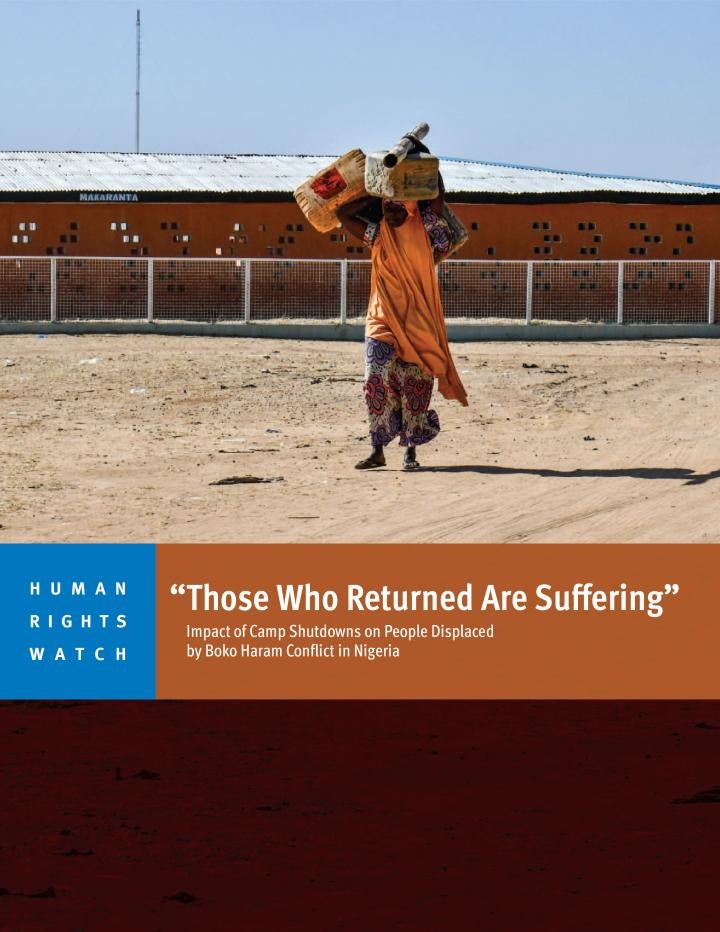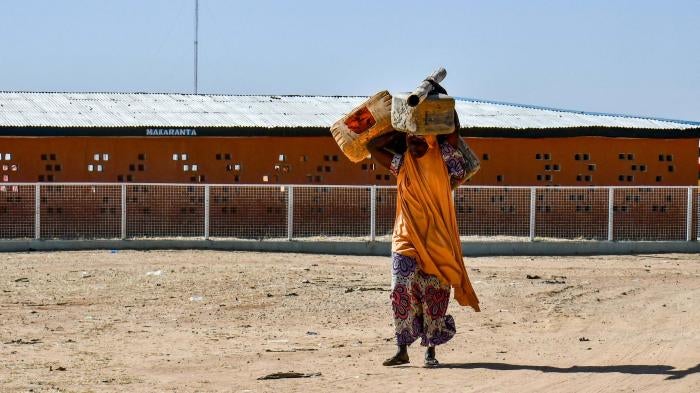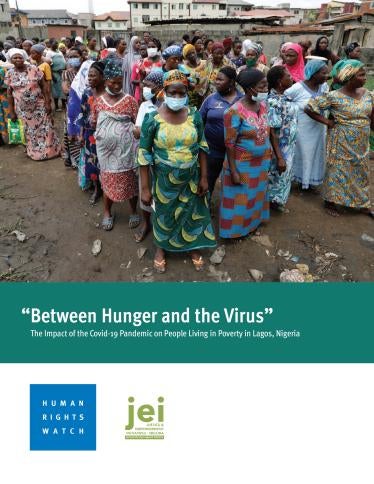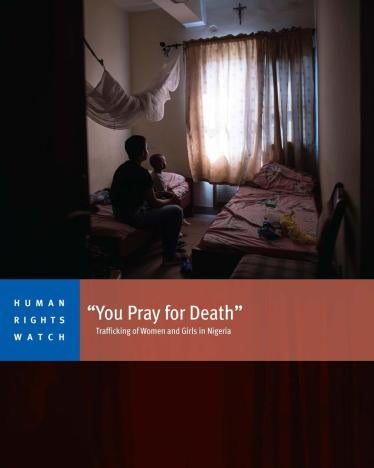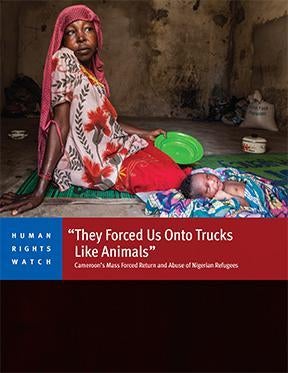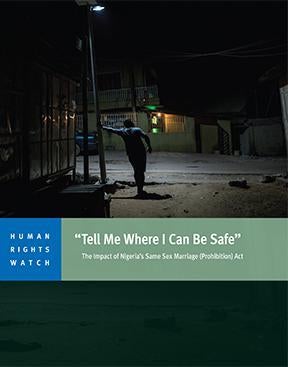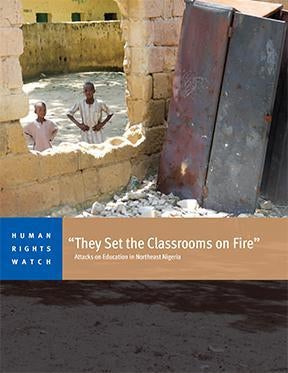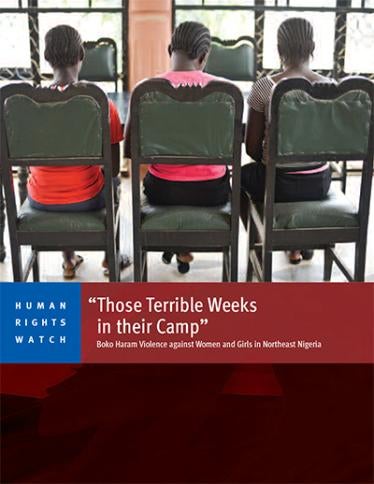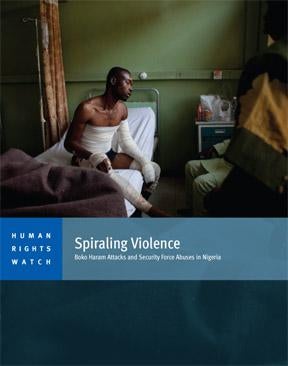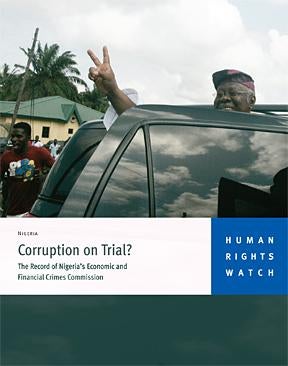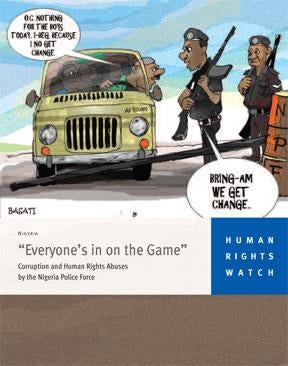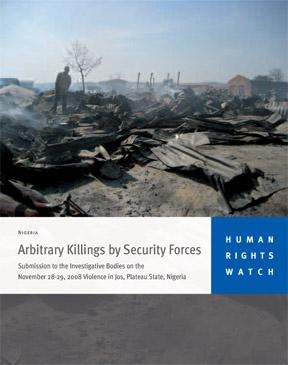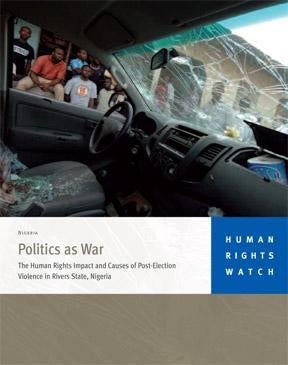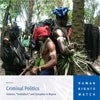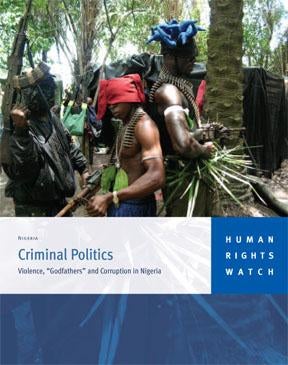“Those Who Returned Are Suffering”
Impact of Camp Shutdowns on People Displaced By Boko Haram Conflict in Nigeria
The 59-page report, ‘“Those Who Returned Are Suffering’: Impact of Camp Shutdowns on People Displaced by the Boko Haram Conflict in Nigeria” documents the effect of the shutdowns, which have disrupted food support for internally displaced people and compelled them to leave the camps. The authorities have failed to provide adequate information or sustainable alternatives to ensure their safety and well-being. As a result, displaced people are struggling to meet their most basic needs including food and shelter in the places to which they have returned or where they have resettled.
